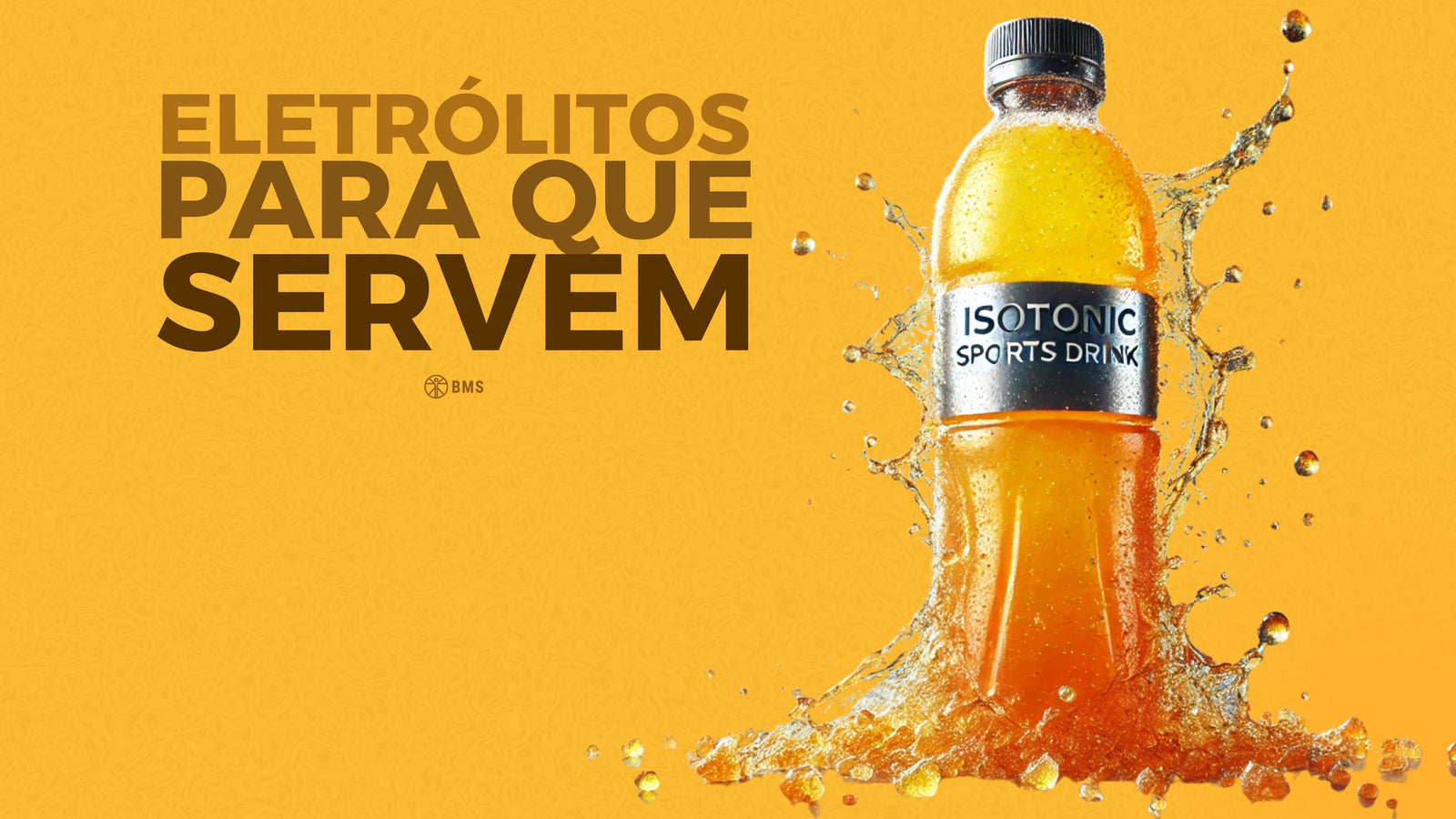First of all, what are electrolytes?
Electrolytes are electrically charged minerals present in the human body that play a vital role in a variety of physiological functions. These ions dissolved in blood, body fluids, and cells are essential for maintaining water balance, transmitting nerve impulses, contracting muscles, and regulating metabolic processes.
The main electrolyte lost through perspiration is sodium, which is the most important to replace after exercise with a high sweating rate.
But what should I eat during and after exercise?
During exercise we should opt for drinks with electrolytes (sodium) and carbohydrates, along with water.
After exercise, individual sweat rates can be estimated by weighing the beginning and end of training/match:
For a quick recovery: Drink ~1.5 L for every kg of weight lost. Avoid drinking large amounts at once and prefer to drink liquids over time to maximize fluid retention.
If there is time to recover, opting for normal meals and snacks rich in water is sufficient, as long as the foods contain enough sodium.
BUT BE CAREFUL!
If you gain weight at the end of exercise, you are consuming too much fluid, which can lead to hyponatremia, which can be quite dangerous!
PRO TIP
Sports drinks and foods with sodium help replace electrolytes lost through sweat. Adding a little extra salt to meals can be beneficial when sodium losses are high.
Rui Lopes
BMS Nutritionists
Phillips S, Sproule J, Turner A. Carbohydrate Ingestion during Team Games Exercise Current Knowledge and Areas for Future Investigation. 2011.
Exercise and Fluid Replacement. Medicine & Science in Sports & Exercise. 2007 Feb;39(2):377–90.

